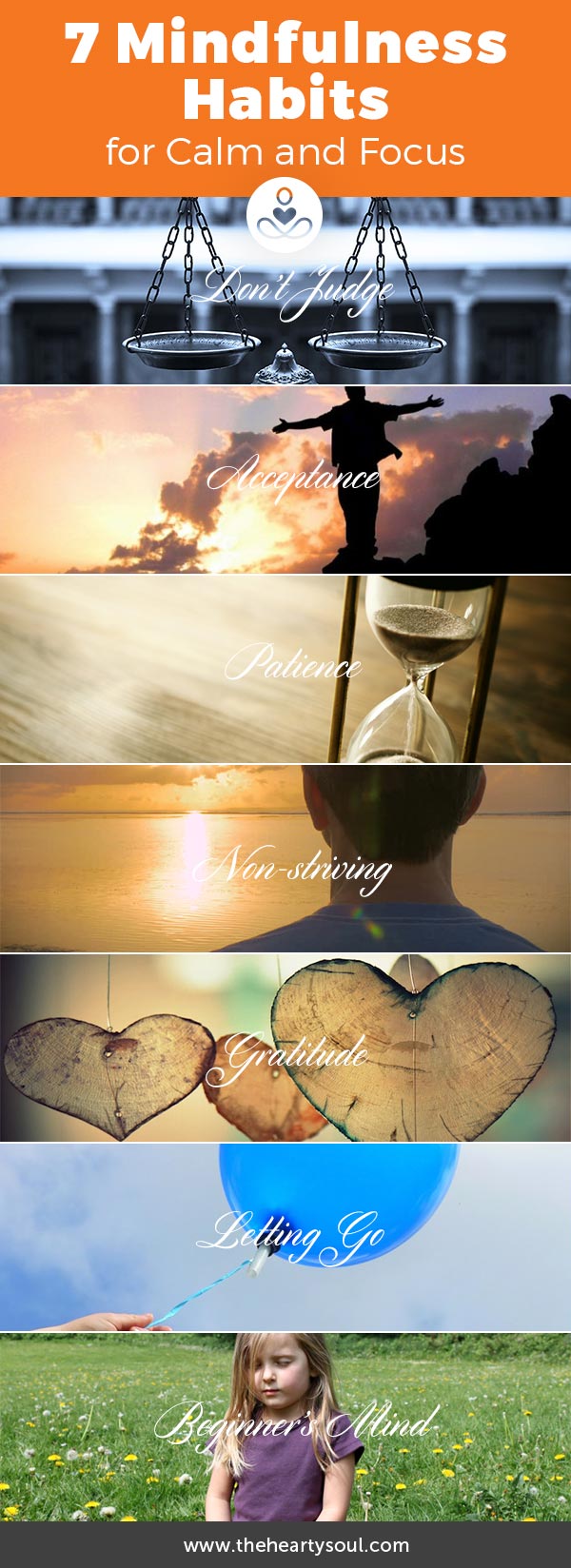For the most part, meditation is usually presented as a lone figure on the top of a mountain with the only distraction being the slightest of breezes moving the leaves in the tree behind them. In reality, mindfulness and meditation can be done anywhere by anyone, and it should. It’s a great way to calm and center yourself in moments of distress, or just a great way of reflecting on your life and the choices you’ve made and the future.
Mindfulness and Meditation
Jon Kabat-Zinn, PhD. is the executive director of the Center for Mindfulness in Medicine, Health Care and Society at the University of Massachusetts Medical Center. He is also the founder and former director of the UMMC Stress Reduction Clinic and an associate professor of medicine in the division of preventive and behavioral medicine. He works to help people overcome stress and deal with chronic pain, along with a variety of illness, most notably breast cancer [1]. In his book, Full Catastrophe Living, Jon lays out his definitive guide to using mindfulness (moment to moment awareness) in coping with both illness and the day-to-day tensions encountered in life.
7 Mindfulness Habits To Remember
In Full Catastrophe Living, Jon explains the 7 essential attitudinal qualities needed for mindful living. Here is how you can apply these qualities to your everyday life for a more mindful existence [2].
Don’t Judge

Mindfulness means moment-to-moment non-judgmental awareness, It is cultivated by refining our capacity to pay attention, intentionally, in the present moment, and then sustaining that attention over time as best we can. In the process, we become more in touch with out life as it is unfolding. -Jon Kabat-Zinn
We approach all new experience with a tint of preconceived judgment. A lot of our judgments are conditioned, leaving us to experience the world with blinders on. By adopting an attitude of non-judgment, we can escape our conditioned thought patterns and experience life first hand, no filter.
Acceptance
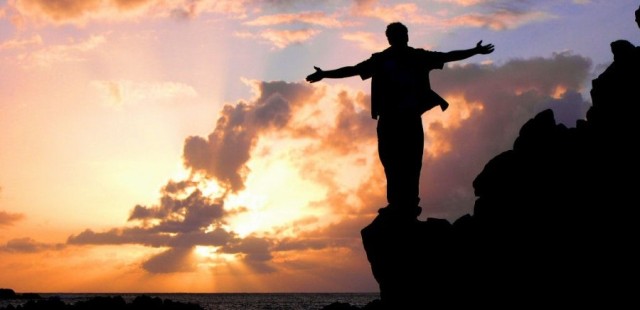
We must be willing to encounter darkness and despair when they come up and face them, over and over again if need be, without running away or numbing ourselves in the thousands of ways we conjure up to avoid the unavoidable. – Jon Kabat-Zinn
Acceptance isn’t passive, it’s an act understanding that things are the way that they are. By resisting the way things are we are, we are leaving ourselves open to major mental and emotional suffering. When we experience negative emotions, we don’t need to resist it. By acknowledging this negativity we can treat it without judgement. Change can only come after acceptance of the way things are right now.
Patience

Patience is a form of wisdom. It demonstrates that we understand and accept the fact that sometimes things must unfold in their own time. -Jon Kabat-Zinn
Looking to the future is a habit that people indulge too often, not allowing them to enjoy the present moment. Modern life has caused many people to rush through life and onto the next thing, not fully enjoying what they have in the moment.
Non-striving
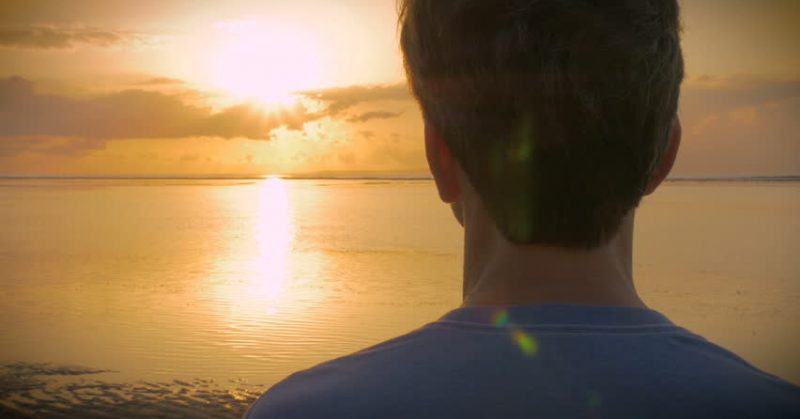
Breathe and let be. -Jon Kabat-Zinn
The deepest and most profound lesson in meditation is to just Be. We don’t need to control, manipulate, or change things, just go with the moment. Lao Tzu, the father of Taoism said ‘I do nothing and everything gets done’. By living in the moment and not trying to manipulate every little thing around us, we are moving forward without having to do anything.
Gratitude

I would maintain that thanks are the highest form of thought; and that gratitude is happiness doubled by wonder. -J G.K. Chesterton
Instead of wondering ‘what if?’, we need to appreciate what we have now and where we are in life. Focus on the positive aspects of your life with humility and delight.
Letting Go
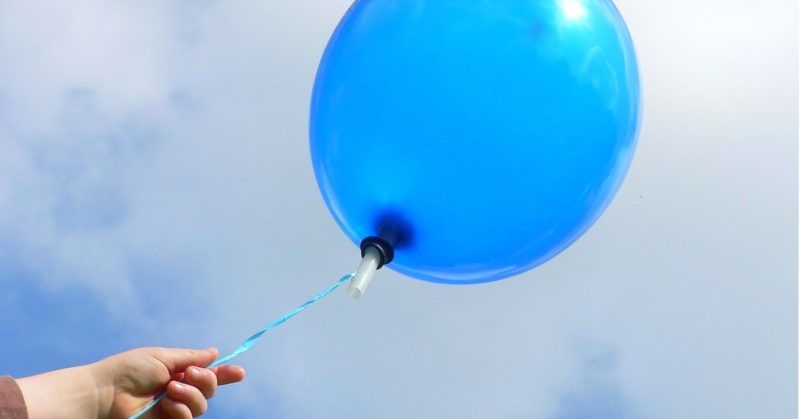
To let go means to give up coercing, resisting or struggling, in exchange for something more powerful and wholesome which comes out of allowing things to be as they are without getting caught up in your attraction to or rejection of them, in the intrinsic stickiness of wanting, of liking and disliking. It’s akin to letting your palm open to unhand something you have been holding on to. -Jon Kabat-Zinn
Developing an attitude of letting go, or non-attachment, is fundamental to the practice of mindfulness. By only wanting to hold onto what is positive in our experience and the reject the negative is like living on autopilot. By neither holding onto, or rejecting experience, we are able to greatly benefit and live mindfully.
Beginner’s Mind
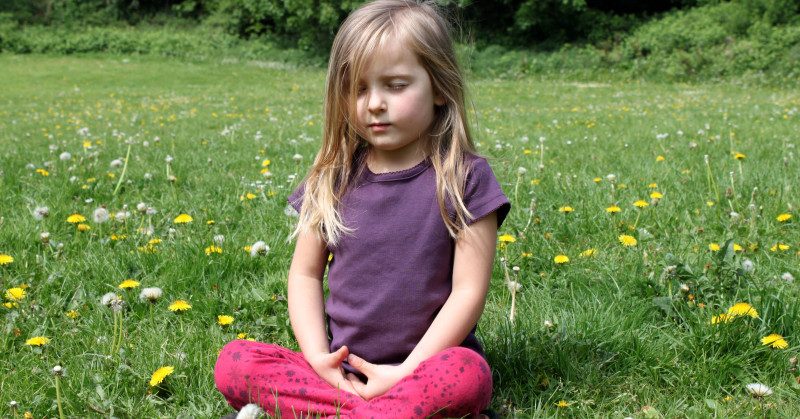
In the beginner’s mind there are many possibilities, but in the expert’s there are few. – Shunryu Suzuki
We often let our beliefs about what we ‘know’ cloud our view of seeing things as they really are. Every time you begin to meditate, treat it like it’s your first time. By keeping a beginner’s mind, we open ourselves to endless possibilities that aren’t held back by any certainties and we are allowed to live free.
Mindfulness and meditation can fit into any lifestyle, to better live your life and to fully immerse yourself into every experience in your life.
